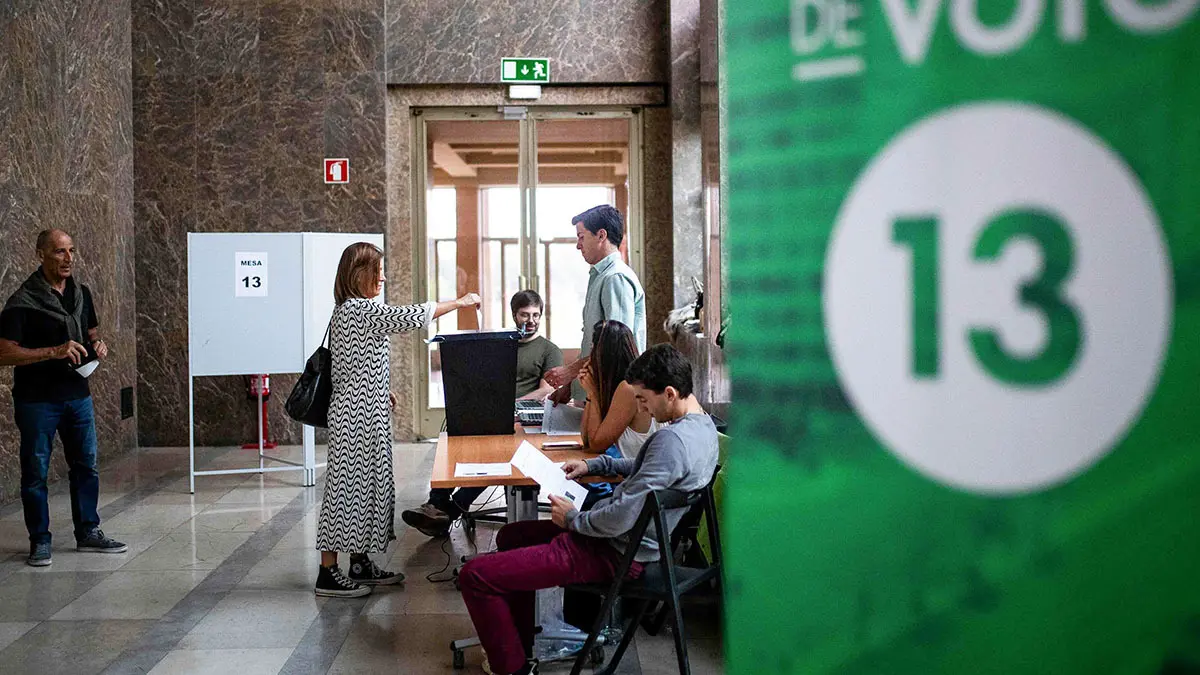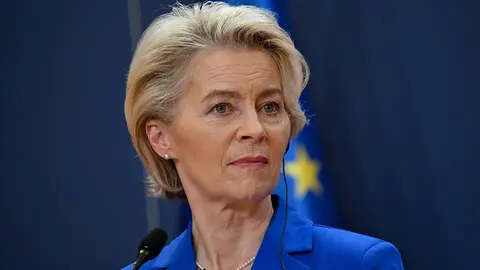European elections: young people make their voices heard

The polls showed that many young voters have turned to the so-called 'far right', allowing Eurosceptic parties to make significant gains. In Europe, for some time now, so-called progressive parties - there is no such thing as the "far left" - camouflaged as pro-European, have relied on the support of the youth vote to advance their projects. Just five years ago, young people voted for parties pushing for climate action, social justice and democratic reform. The change is also borne out by the results of the first round of the French elections.
In Italy, 21% of voters aged 18-34 voted for Prime Minister Giorgia Meloni's Brothers of Italy in order to gain a strong mandate to push their agenda. In Spain, the right-wing Vox party increased its share among younger voters under 25 to 12.4%. In contrast, the far-right Sweden Democrats came fourth, despite winning 10% of voters aged 22-30.
Germany is a good example of the shift, following overwhelming youth support for the Greens in 2019, 16% of Germans under 25 voted for Alternative for Germany (AfD) last June, putting the party in second place behind the centre-right Christian Democrats and well ahead of Chancellor Olaf Scholz's Social Democrats. In France, 30% of the youth vote went to Marine Le Pen's far-right National Rally party. In the first round of the French elections, 80% of young people voted for the extremes, 48% for the left and 33% for the right.
The shift to the right has led many European politicians to modulate their positions on issues such as immigration, but the growing support of young people for parties seen as anti-European and ultra-conservative is not so much due to anti-immigrant sentiment as to a powerful sense of disenchantment with the inadequacy of the European reality to a new global situation. While older generations, who have enjoyed a strong welfare state, are earning an increasing share of government budgets through consolidated pensions and good health care, young Europeans face an uncertain future, given the cost of living and increasingly difficult economic prospects.
This growing frustration can be attributed in part to the inability of EU policymakers to establish a framework that guarantees stable and well-paid jobs for young people. Youth unemployment among Europeans aged 15-24 reached 13.8% in 2023. In Spain, the rate was 27.9%, compared to 27.7% in Greece, 20.7% in Italy and 18.9% in Sweden. In these circumstances, support for the extremes has risen across the bloc amid growing signs that, however hard they work, most young people will end up poorer than their parents, as they also face crises in housing, education and failing health care systems.
The problem is more complex than it might seem at first sight, as the causes should be sought in whether the European project fits present and foreseeable geopolitical criteria. International circumstances do not affect the entire geography of the EU equally, nationalism is the remedy blamed on the right, but the reality is that, in many European countries, young people see it as a solution to measures of a bureaucratic nature. For example, the Ukrainian problem is not seen in the same way in every part of Europe, so the view is particular to each nation according to its circumstances.
The fact is that if one looks at the reality from an EU perspective there is a problem that cannot be isolated from that of the West. Social crises affect states as they do in the United States and in Europe, with the French, German and Spanish cases being striking. The crisis brought to light by the results of the European elections raises new questions such as whether it is advisable to continue with the enlargement plans, whether a new policy from Paris will mean a change in policy towards Ukraine or what the gas policy with Russia will be like.
The rightward trend in Europe marks a "what about mine". When a crisis hits, the reflex is one of survival and the whole is left for "a better time". Undoubtedly, the connectivity that characterises the era will interfere with the realist narrative, but it is unlikely to distort it. What is likely to come is an EU with a new conception that is likely to be influenced rather than influential, more concerned with the facts than the story.



